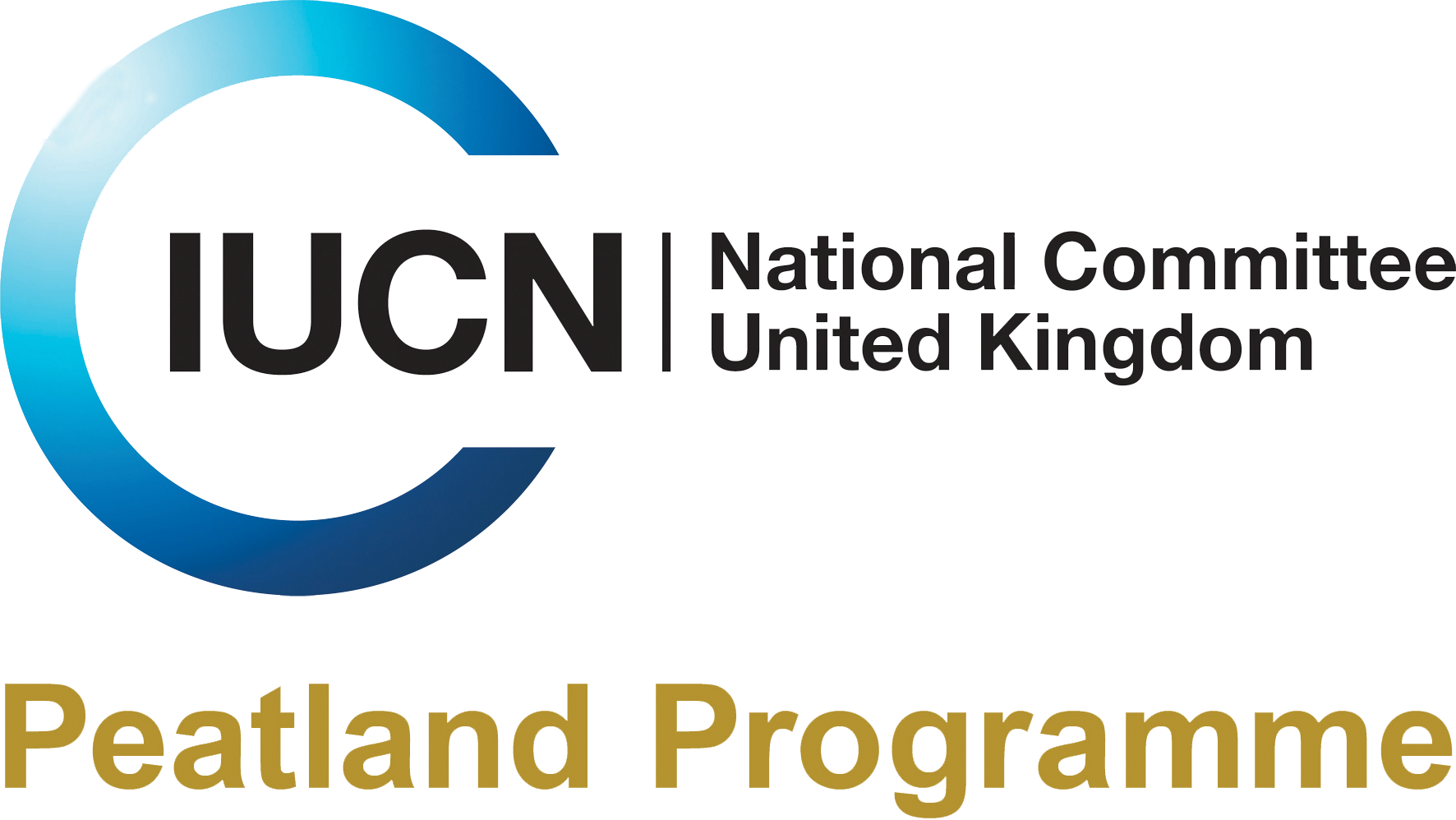After working as a pasture agronomist in the Falklands 1976-78, and going back on a more or less annual basis since, I have seen a lot of changes in the place! The most recent and alarming of these has been the gradual drying out of the Islands, particularly over the last 5 years or so. As you might remember from my talk and poster at the 2025 IUCN UK Peatland Programme conference, this is pretty much what was predicted for the Islands about 12 years ago. But when you actually see it happening, and at what looks like a far greater rate than predicted, it starts to hit home.
The Falklands are a hugely important peatland resource from a UK and global perspective: almost 40% of the land surface area has peat deeper than 40 cm, of which the majority (>60%) is in the depth range of 40 to 100 cm. The vast majority of topsoils in the Islands have an OM content > 20% and approximately 80% of the land surface area has a peat topsoil (i.e. OM >50%). This means that the Falkland Islands have the largest peat reserve of any of the UK Overseas Territories and make a significant contribution to the UK inventory. However, this is more than just an interesting statistic - these peatlands are farmed by approximately 75, mostly family owned and run, sheep farms. Recently, these farmers and landowners have been feeling the brunt of climate change and depressed wool prices on their income. There has been a one third decline in total national sheep numbers over the past 24 years and a 13% decline in the last 10 years. Given this, there are deeply personal and socio-economic angles to the issue.


